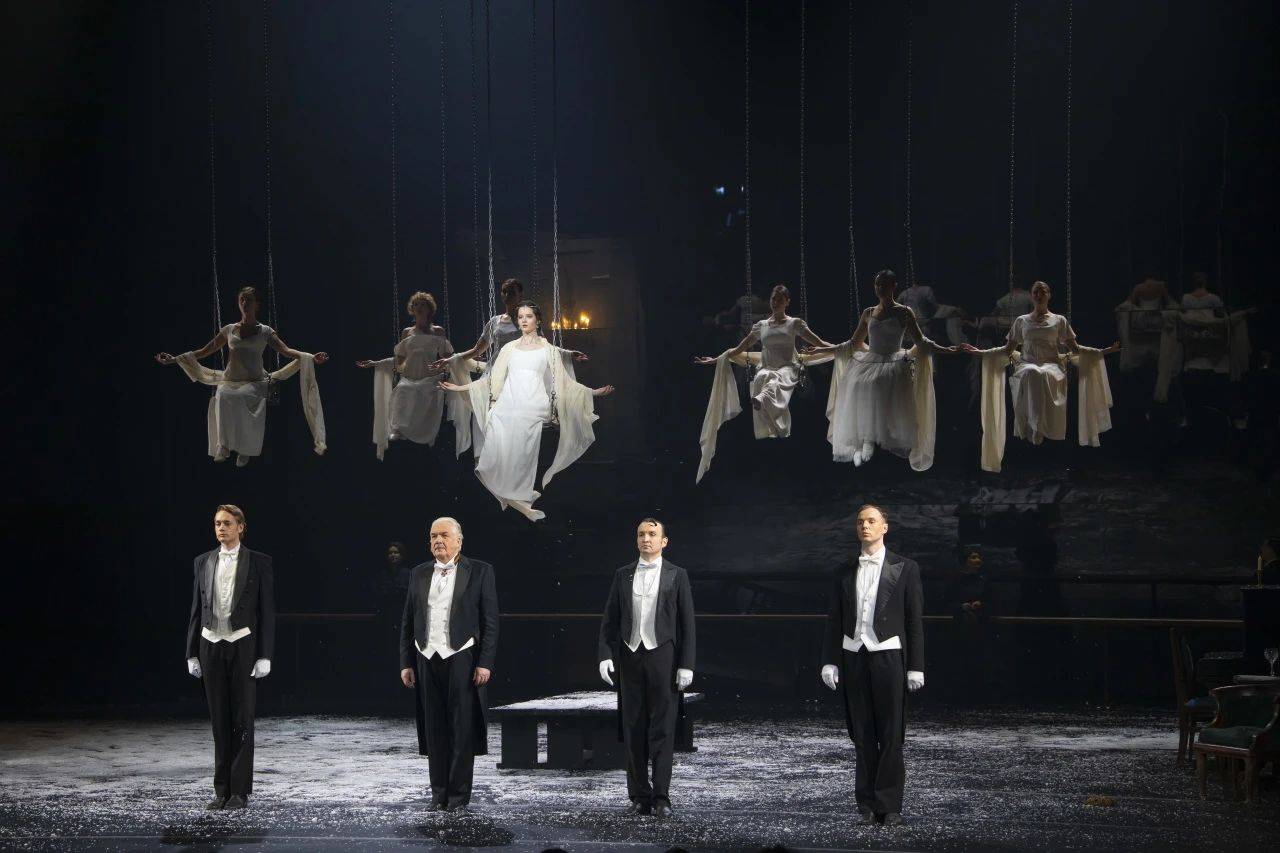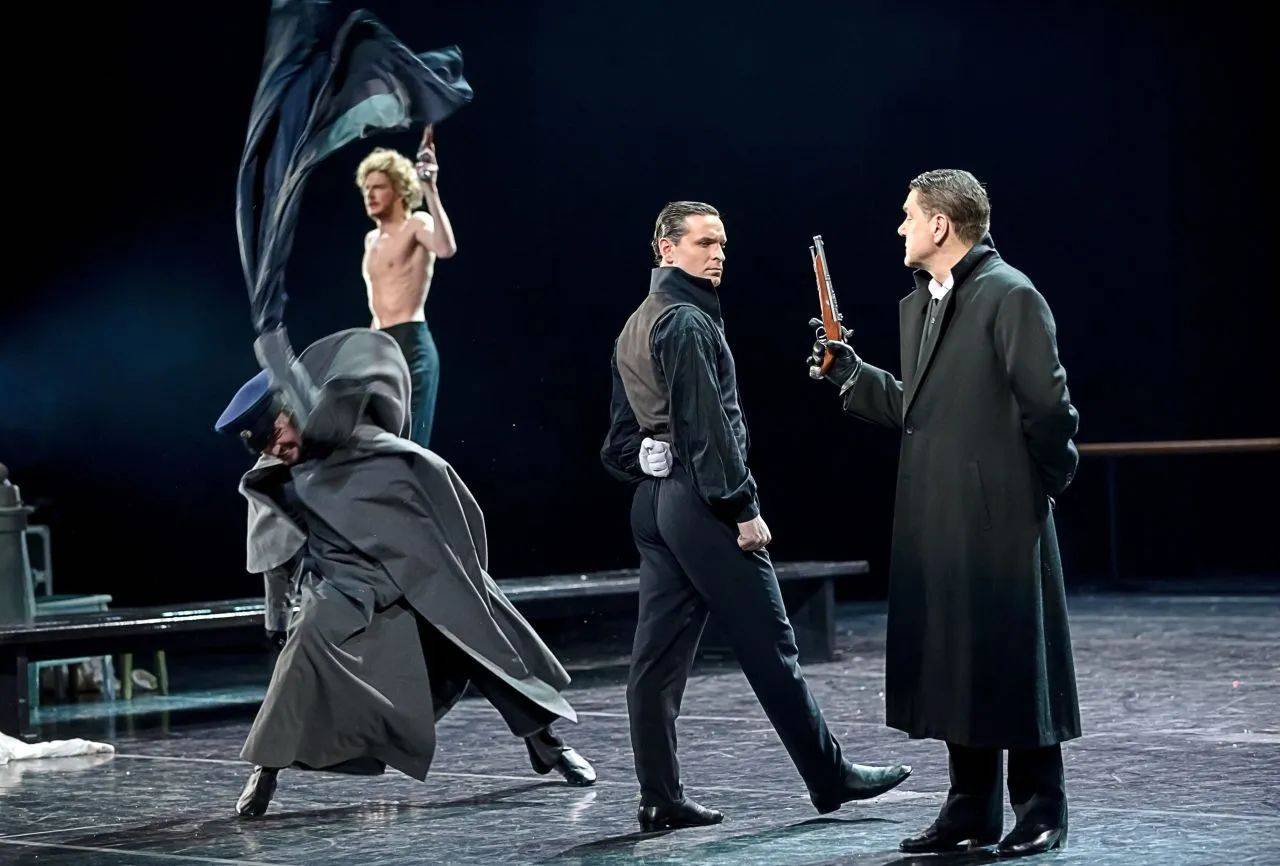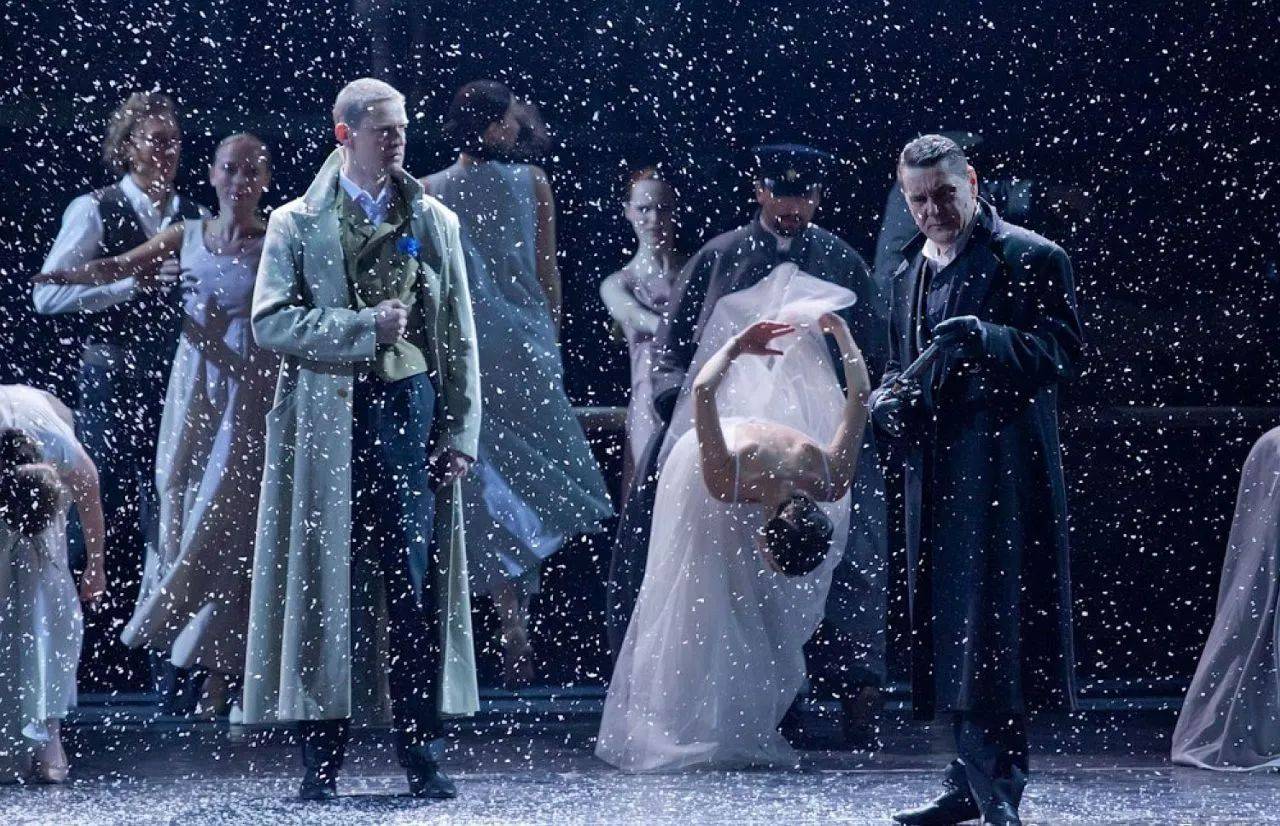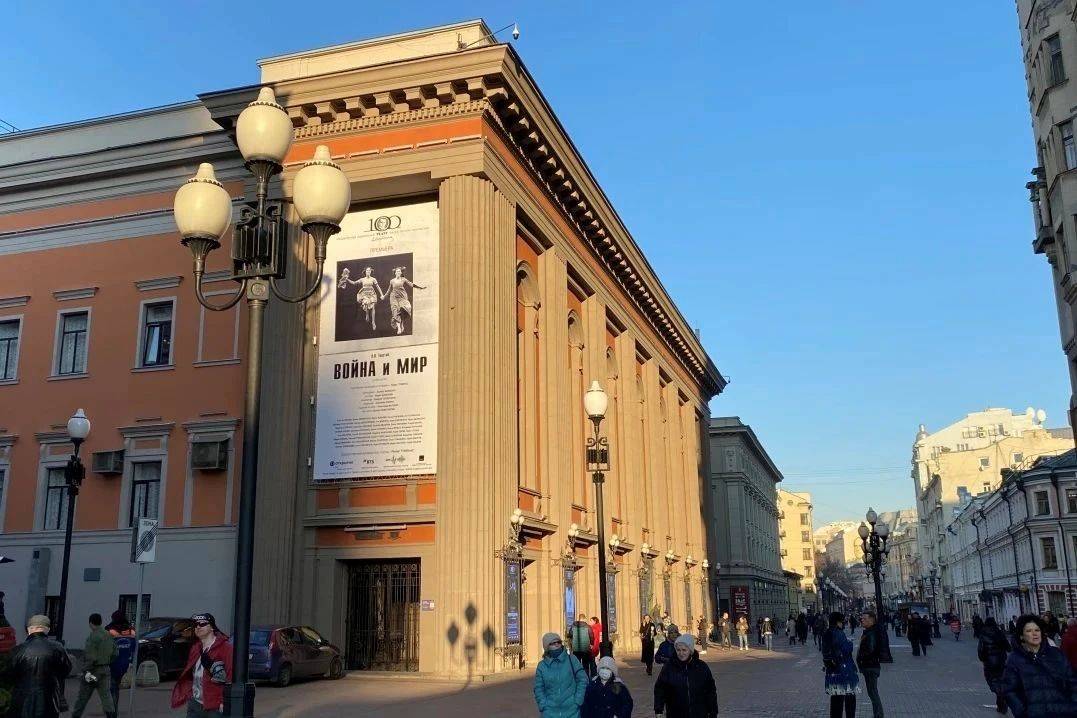
Eugene Onegin - Shenzhen
Venue:
Bay Opera of Shenzhen - Opera Hall
No.16 Happy Bay, Baoxing Road Bao'an Shenzhen Guangdong
Date:
9/11/2025 - 9/12/2025

Eugene Onegin - Shenzhen
9/11/2025 - 9/12/2025
Bay Opera of Shenzhen - Opera Hall
No.16 Happy Bay, Baoxing Road Bao'an Shenzhen Guangdong
¥280 - ¥1080
Event details
⚠️ A Ticket Code Will be Sent to You Within 1 Working Day after the Order is Placed via SMS beginning with "深圳滨海艺术中心"
👉 Use the Ticket Code to Pick Up Paper Ticket at the Ticket Machine of Bay Opera of Shenzhen
👉 Children Under 1.2m Are Not Allowed to Enter
👉 Each Attendee Requires A Ticket
👉 No Cancellation
👉 Use the Ticket Code to Pick Up Paper Ticket at the Ticket Machine of Bay Opera of Shenzhen
👉 Children Under 1.2m Are Not Allowed to Enter
👉 Each Attendee Requires A Ticket
👉 No Cancellation
The first theatrical award “Crystal Turandot”, The Theatre Prize of the Moskovsky Komsomolets newspaper “MK”, the Audience Choice Award “Star of a Theatre-goer”, the Direction Prize of the festival “Baltic house”, 2013
The premiere held on 2013, 02. 13

Rimas Tuminas in his production of “Eugene Onegin” does not aim at a full scenic adaptation of Pushkin’s novel in verse. For his main theme he chooses a story of Tatyana’s love for Onegin, a story with prologue and epilogue.
The performance unfolds in the memory and imagination of Pushkin’s characters. We are transferred from Onegin’s room into his country estate, then into the Larin’s house nearby, then to Moscow – and finally back to his room. The scale of events constantly changes: from noisy celebrations to secluded contemplation, from crowd scenes to lonely recollections, all of which are drawn together from the past just like the fragments of Tatyana’s love letter, framed and hung on the wall next to Onegin’s arm-chair.

The images in memory are split between past and present, between reality and imagination. Therefore, there are two Onegins on stage: the mature one recalling the events a quarter of century later and the second, younger one who takes part in them. There are two Lenskys on stage as well: the very young one as he was during the events, which led to his death in a duel and the second an imaginary white-haired companion of Onegin, the one whom Lensky could have become if he had not been killed. There is another character, not written by Pushkin but as if transported from the times of Pushkin’s young years, from the golden age of the Russian culture – and aged just like Onegin. This is a retired hussar, dashing but crippled by war, intelligent but down-and-out, a drunkard reasoning about everything. He is granted the author’s voice and the right to intervene in the action in order to deliver “…reason’s icy intimations, and records of a heart in pain”.

“Eugene Onegin” was called “an encyclopedia of Russian life” in the XIX century: the scenes of everyday life, ideas, moods and habits of the Russian people in the capital and provinces are seen through Pushkin’s main storylines. Rimas Tuminas’ production also reaches out beyond the main plot. For instance, Tatiana’s name day celebration is enveloped in melancholy: it is Tatiana’s longing for her beloved as well as existential “Russian melancholy”, the subject of deep reflection for many poets and philosophers who perceived it as an expression of a sad, deeply nostalgic and purely Russian state of mind.
The horizons of the show are as wide as possible; the main plot is accompanied by the side storylines; and next to the main characters of “Eugene Onegin” there is a “chorus” created out of characters of the Pushkin epoch, the inhabitants of the capital, the countryside and even … the forest. During the exhausting journey to Moscow, a white hare crosses the path of the Larins’ carriage, either an apparition in the mind of the weary travelers or a real wild animal. To meet it on the road was considered a bad omen in Russia (just like a black cat nowadays). According to legend, a hare like this one ran across the road in front of Pushkin himself when he was going in a carriage to St Petersburg in December of 1825 to take part in the uprising against the tsar. Pushkin turned back, and by doing so avoided exile or even the death sentence. In memory of this event a road post was erected with the depiction of a hare on it and a sign reading “416 miles to the Senate Square”…

VAKHTANGOV THEATRE
One of the most popular drama theatres of the Russian Federation. Founded in 1921 by Eugene Vakhtangov.
Nowadays the core idea of the Vakhtangov Theatre is a harmony of a perfect form and a profound psychological content. Performances vary from ancient tragedy to the most relevant comedy; include drama, operetta, choreography show and many others.
The creative life of the Vakhtangov Theatre is rooted in the Russian culture history, and at the same time, it sets its gaze on the future.
Eugene Vakhtangov, a brilliant student of Konstantin Stanislavsky (the creator of the internationally acclaimed Method), believed that the actor is the crucial element of any theatre performance. He also trusted that the essence of theatre should be ‘theatrical’, and created an onstage world of fantastic, magical, and fairy-tale events while retaining Stanislavsky’s psychological acting inventions.
Director – Rimas Tuminas
Set design and costumes – Adomas Jacovskis
Composer – Faustas Latėnas
Lighting design – Maya Shavdatuashvili
Notice
Date: Thursday, 11th Sep. - Friday, 12th Sep. @ 19:30
Duration: 210 mins, incl. an intermission
Language: Russian with Chinese subtitles

Follow our WeChat for event news, deals, gossip and more!
Book Now
Eugene Onegin - Shenzhen
Venue:
Bay Opera of Shenzhen - Opera Hall
No.16 Happy Bay, Baoxing Road Bao'an Shenzhen Guangdong
Date:
9/11/2025 - 9/12/2025
© 247tickets 2020 沪ICP备19024898号-2

 Add us on WeChat to speak to our friendly customer service team! ID: love247tickets
Add us on WeChat to speak to our friendly customer service team! ID: love247tickets